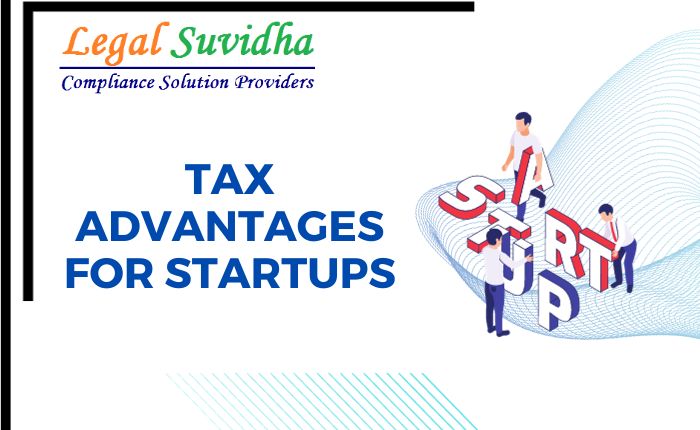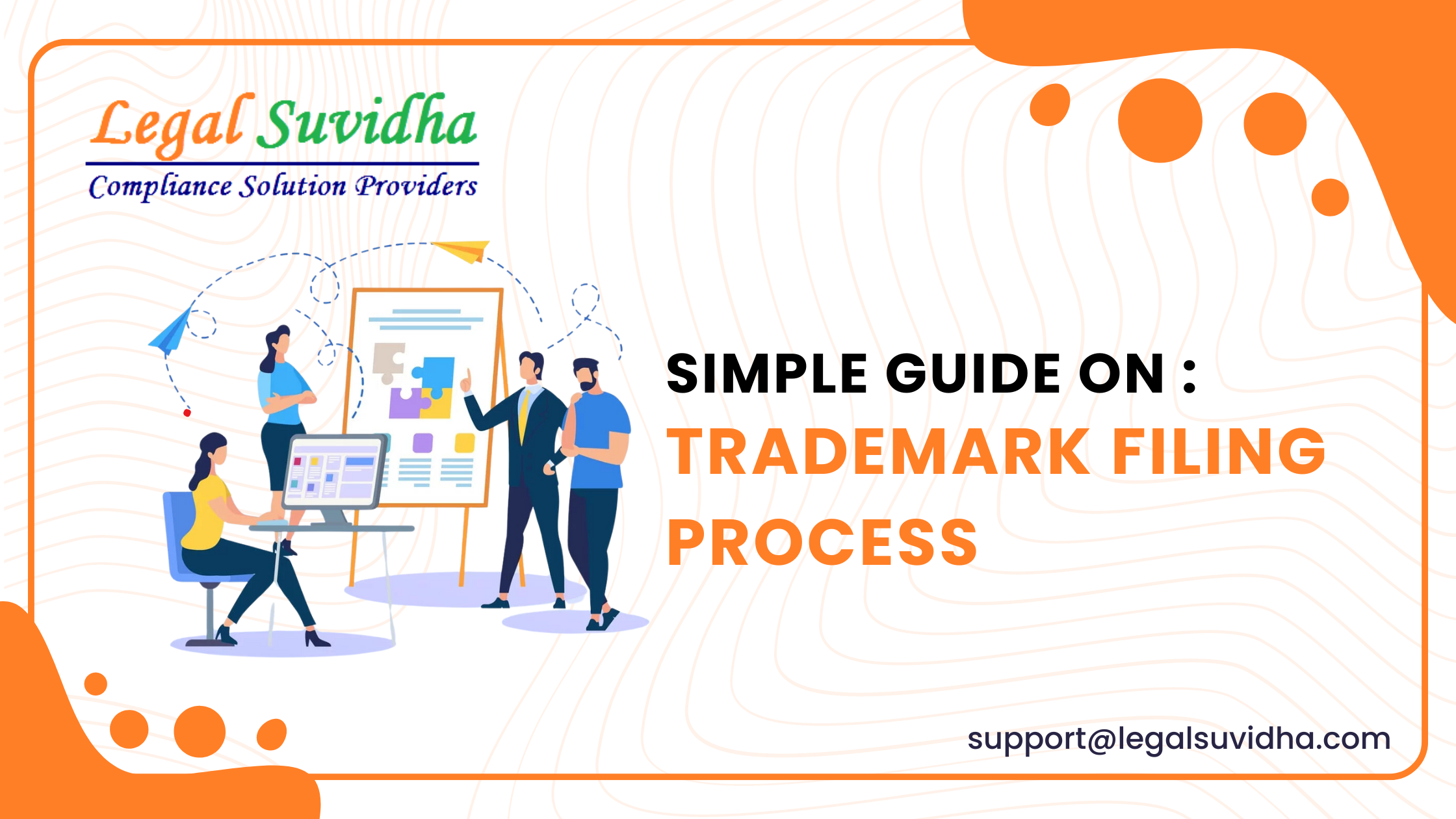In recent years, India has seen many people starting their own businesses, thanks to the government’s efforts to encourage new ideas and business growth. They’ve introduced a program called Startup India to help these new businesses. One big part of this program is giving these businesses special tax benefits to help them grow and be more innovative. This article will explain these tax benefits and how startups can use them to succeed.
What’s a Startup?
To be called a startup under this program, a company must meet these rules:
- It should have started within the last five years.
- It can’t make more than Rs. 25 crores in sales each year.
- The company should be a leader in its field and focus on new ideas.
- It must be a completely new business, not one that’s been around before.
Tax Perks for Startups
The Startup Program gives new business owners several tax advantages. If your business is a private limited company, limited liability partnership, or partnership, you may also get some extra benefits depending on the type of taxes you have to pay.
1. First Three Years: New businesses can avoid paying some taxes for the first three years, except for one called Minimum Alternate Tax (MAT), which is 18.5% of the profit. To get this break, startups need to be registered with the Department of Industrial Policy and Promotion (DIPP). This helps new companies handle their costs and make money faster.
2. Government Money: The government has set aside a fund with Rs. 2500 crores to start, which will grow to Rs. 10,000 crores over four years. This fund is meant to help startups. It’s called the Funds of Funds (FOF) program and is managed by SEBI, helping startups registered with DIPP. Since many new companies struggle to find money in the beginning, this fund can help them grow faster.
3. Less Tax on Profits: When companies sell stocks or make money from investments, they usually pay taxes on those profits. But startups get a 20% discount on those taxes, which means they keep more of their earnings.
4. No Tax on Investments: Getting investors to put money into your startup can be hard. To make it easier, the government doesn’t tax the money that angel investors put in. This can help startups get the money they need to grow. Also, there’s a rule (Section 56(2)(vii)(b) of the Income Tax Act) that allows investors to pay more for shares than what’s written in the books, making it easier for startups to raise money.
5. Tax Breaks for Home Offices: If you use your home as your office and register it as such, you don’t have to pay property taxes or extra utility bills.
6. Health Insurance Help: Startups can get tax deductions for contributing to health insurance for their employees. This helps startups provide good benefits for their workers.
7. Keep Your Receipts: Saving all your bills, invoices, and financial records can get you tax deductions and exemptions. It also shows investors that your startup is running smoothly.
8. Easier Tax Assessments: Startups can use presumptive tax deductions under sections 44AD, 44ADA, and 44AE. These rules make it simpler for small businesses to handle their taxes without the hassle of extensive record-keeping.
9. No Tax on Long-Term Investments: If you put money into specific long-term investments, you won’t have to pay tax on the profits. However, you need to keep the money in those investments for at least three years to keep this benefit.
10. No Tax on Higher Investments: The government doesn’t tax startups when they get investments that are higher than their fair market value. This includes investments from family members or angel investors but not from regular subscribers. If you get extra money from incubators, that’s also exempt from tax.
11. More Tax Benefits for Property Investments: If you invest in a small or medium-sized business with the money you made from selling property, you might not have to pay taxes on it. This can happen through Section 54GB of the Micro, Small, and Medium Enterprises Act. But to get this benefit, you can’t sell or transfer the shares you get for five years, and you have to use the money to buy things that can’t be easily sold.
12. Using Past Losses and Profits: Eligible startups can use losses from previous years to reduce their taxes if the people who had voting power in the company on the last day of the year still have their shares on that day.
13. Tax-Free for Three Years: Under Section 80 IAC of the Income Tax Act 1961, startups recognized by the Department of Industrial Policy and Promotion can avoid paying taxes for three years in a row. This was announced in the 2023 budget on February 1st, 2023.
In Conclusion
The Indian government knows that helping entrepreneurs with their taxes is a great way to encourage new ideas and innovation. All the rules mentioned above make it easier for entrepreneurs to get tax benefits and raise funds, which ultimately helps them build successful companies. These tax incentives show that India is committed to supporting its growing startup community and boosting its economy.
If You have any queries then connect with us at [email protected] or [email protected] & Contact us & stay updated with our latest blogs & articles









